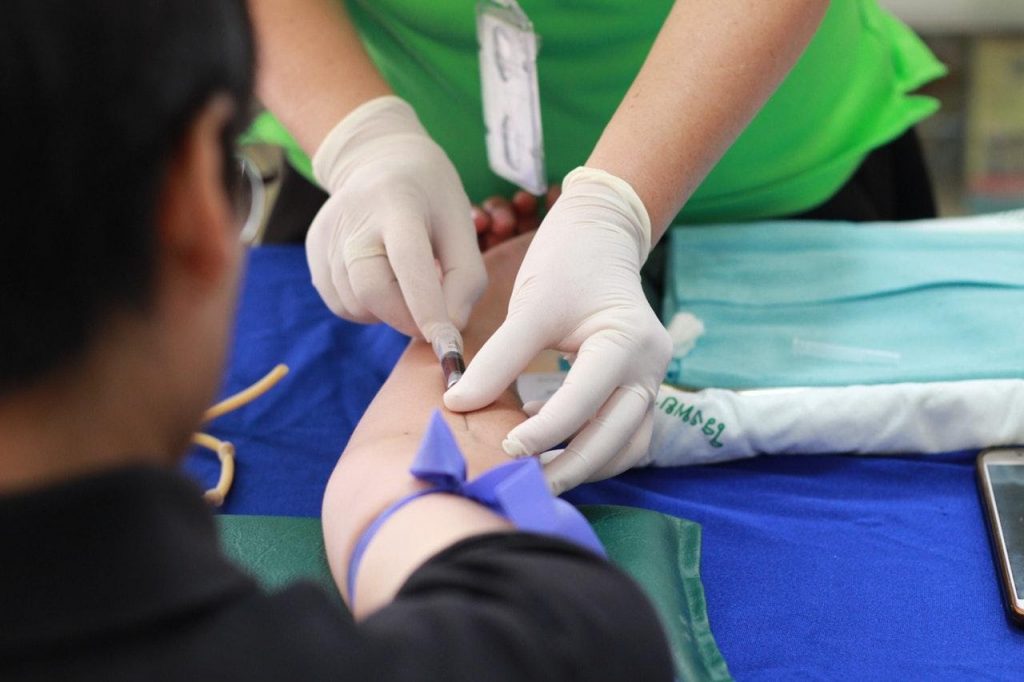
It is important to get vaccinated against common diseases especially if you are travelling to international destinations. This vaccination guide below will help you differentiate between routine, required and recommended vaccination.
Going to another country places you at risk of certain diseases that may not be found in your home country. The best way to protect yourself and your loved ones is by ensuring that all members of your family who are travelling get vaccinated against such disease.
Consult with a travel doctor in Australia just to be sure what travel vaccines you will need in advance. This should be done at least one month before you travel for the vaccines to be effective and for you to get full protection. If you will need a yellow fever vaccine, you need to be prepared to travel long distances in order to get as only a few clinics are authorized to have the vaccine.
Table of Contents
Essential Vaccination Guide You Need Before Travelling
As a frequent traveler, you should keep tabs with the latest routine vaccines. The vaccines may also depend on your destination country as you may be infected with a rare disease not found in your home country. For instance, measles may be rare in other countries like the United States but quite common in other countries in Europe and beyond.
Your travel doctor in Australia may be able to recommend the best travel vaccines depending on where you are visiting. Besides your destination country, vaccines may also be administered depending on your medical history, what you are going to do as well as other health concerns. That is why it is always important to consult with your local healthcare provider to ensure you get the best and right vaccines for your protection.
Classification of Vaccines
Routine Vaccines
The authorities classify all the vaccines into three broad categories. They include routine, required and recommended. Routine vaccines are those that are essential for everyone in their home country. They are given depending on age, health factors and other risk concerns examples include. The flu vaccine is given every year and the tetanus booster administered every ten years in the country.
Required Vaccines
Required vaccines are those that are given for every traveler before they enter the country. Most of these vaccines are given according to government regulations and are mandatory. Yellow fever is the most required vaccine in many countries.
Sometimes the yellow fever vaccine may be recommended by the authorities for your protection and may also be required by your destination country. These two are different since the recommendation is designed for your own protection while the requirement is a prevention measure by the country to protect its citizens. Such requirements may change from time to time since they are controlled by the government.
Recommended Vaccines
These are the type of vaccines recommended to a traveler for their protection but they are not necessarily required by the destination country. Such vaccines are only meant to protect the traveler from specific travel-related illnesses.
Examples of such vaccines include typhoid and malaria. Typhoid is a serious disease that is transmitted through contaminated water and food. It is not found in the country but it is common in other tourist destination countries in Africa and Europe.
Preparation for Last-Minute Travelers
Last-minute travel can occur due to a number of factors. You could be travelling back home due to a family emergency or you could be travelling on short notice due to other reasons. Preparation for such travel arrangements can be hectic given the limited amount of time that you have to prepare. Here are some tips that can be of help.
Get Pretravel Medical Care
It is always important to go for a check-up even if you are travelling sooner than later. Get in contact with a travel medical practitioner to get all the necessary vaccines that you may need. Even though the ideal time to get such vaccines should be about one month before you travel the sooner you get the vaccines the better.
Be Aware of Common Vaccines
As mentioned earlier most common vaccines depend on the destination country as well as the activities you are going to do there among other risk factors. Some travel vaccines require multiple dosages to be effective while others such as hepatitis A can still provide partial protection even after a single dose. Some vaccines are can also be administered on an accelerated schedule which implies that they are given within a short period.
Take note of common vaccines such as yellow fever which are usually required by many countries. A notification that is at least ten days old is required given the time it takes to be effective.
You should also be aware of routine vaccines such as polio, measles, tetanus, influenza, and varicella are commonly known as chickenpox. Furthermore, you need to take medication to protect you against diseases such as malaria which is common in other parts of the world.